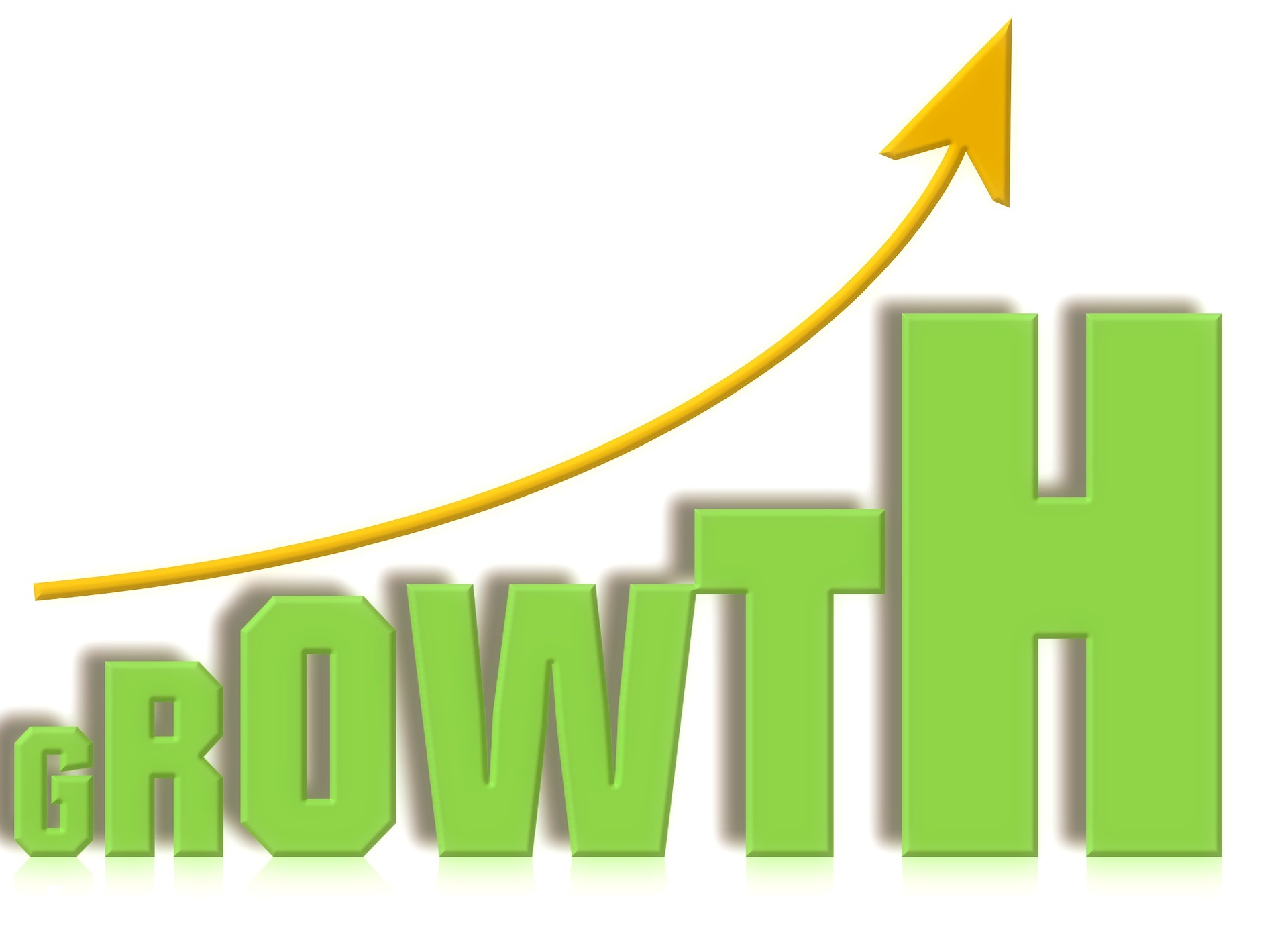The sexy FAANG* shares just keep going up and up. So far this year they've risen 50% on average which is a pretty impressive return for companies that were already pretty highly valued at the beginning of 2017. For example, Amazon was on a price earnings ratio of around 150 in January yet its share price has still managed to rise by half this year.
The FAANG stocks have also helped to push the S&P 500 to ever higher heights too.
So is it possible to justify the S&P's current record level?
Well, one widely quoted justification links back to the FAANGS. The argument is that the S&P has changed dramatically over the last 40 years. Once upon a time it was dominated by lots of dull industrial and energy companies that have nearly always traded on low valuations. But now it's dominated by the giants of the modern digital economy, and they deserve much higher ratings than boring old Exxon and AT&T which were two of the biggest companies back in 1979.
IT and healthcare stocks only comprised 15% of the S&P by value in 1979, yet now they make up 38%. These are stocks which have the potential to carry on growing faster than other parts of the economy and crucially they are 'asset light'. That means they can generate very strong returns on invested capital. They also have low costs of goods, so they generate substantial gross profits even if their conventional 'bottom line' profit figures aren't always so strong.
Too clever by half
But I'm not wholly convinced. It sounds a bit like a 'too clever by half' argument to me, and two analysts at GMO, Anna Chetoukhina and Rick Friedman, have published a convincing rebuttal. (I'm always happy to have a look at anything GMO has to say as it's a firm with a strong track record driven by its widely respected founder, Jeremy Grantham - even if the performance hasn't been so good over the last couple of years.)
GMO likes to use the 10-year price earnings ratio (or Schiller CAPE ratio) where you're comparing a company's valuation, or an index's, with its average earnings over the previous ten years. This mitigates the impact of cyclical volatility on the valuation process.
As things currently stand, the 10-year PE for the S&P is around 28, which is almost 50% higher than its long-term median going back to 1970, according to GMO. However, that comparison doesn't take into account the changing composition of the index since 1970. If you make a simple comparison to past values you're assuming that the S&P traded at 'fair' levels in the past.
GMO calculates a 'dynamic fair value' 10-year multiple which tries to reflect the rise of the uber-growth stocks such as Facebook, and for September 30th this year, GMO's dynamic figure was 19.6. Even after that recalculation of the current p/e ratio to a 'fair' level, GMO says the S&P is still around 40% over-valued.
The issue is that if you move away from the FAANG stocks, you find that all the other sectors in the index, excluding energy, are trading on much higher valuations than their historic averages. The Financials, Utilities, and Consumer Discretionary sectors are particularly expensive relative to their own history, trading at premiums of 95%, 80%, and 58%, respectively.
GMO also looked at S&P valuations using a price/sales multiple rather than price/earnings. Looking at sales, the S&P looks even more expensive. GMO says that the September 30 price/sales ratio was 2.1 which is 117% above the historic average, just below its peak valuation in March 2000.
So it seems the composition argument for justifying current S&P valuations don't really work.
That said, I'm not going to sell all my US shares next week.
I wrote about the US market last week when I said that I was nervous about valuations, but don't feel able to sell all my American shares, including some FAANG stocks. That view hasn't changed. I'm in for the long-term, these are great companies and I think they'll probably still do ok over the next fifteen to twenty years.
I also pointed out that a smart beta approach could get you exposure to the one part of the US market that is still relatively cheap.
*FAANG stands for Facebook, Amazon, Apple, Netflix and Google (now Alphabet). Sometime the second A is dropped - the term FANG stocks doesn't include Apple.


